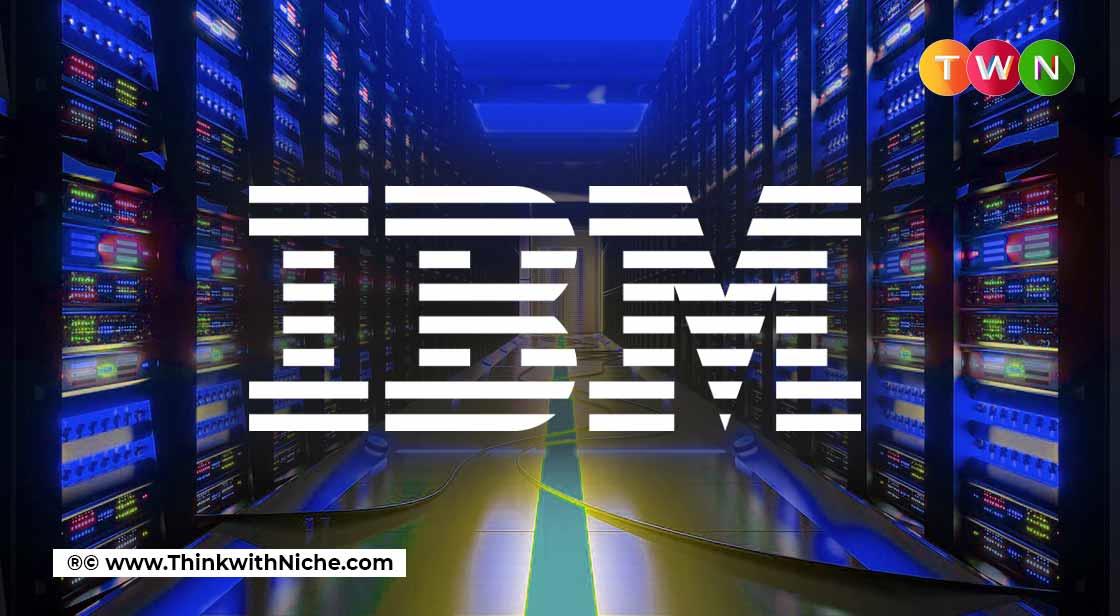
Several big technology companies have been working hard over the last decade to produce a really functional and viable quantum computer. IBM is making great progress on its hardware and primary goal. They discussed their tremendous triumphs at the summit. Key recent scientific achievements in fields such as quantum chemistry and machine learning were discussed by the speakers.
127 Qubit Eagle Processor: IBM's announcement surpasses the previous high of 64 qubits for superconducting quantum computers. The new score of 127 indicates a huge increase in processing capabilities, but IBM has not provided any performance data for its new machines. The processing resources required by computers of this scale grow exponentially with each qubit added, making it difficult to simulate their operation with a typical computer. As a result, traditional simulation of such massive machinery is no longer feasible.
IBM Quantum System Two: IBM has introduced the IBM Quantum System Two, a new physical form factor and packaging. The Eagle will be the penultimate version to use the IBM System One, while the 433 Osprey and 1121 Condor will use the new one. The hexagonal form factor of the IBM Quantum System Two may enable clustering many quantum computers in Quantum Data Centers more easier.
Qubit Coherence Times Have Been Improved: Increasing the number of qubits, as previously indicated, is insufficient. IBM is also attempting to improve the qubit quality. The best machines they have online right now, such as the IBMQ Kolkata and IBMQ Montreal, have T1 coherence times of 100 microseconds and average CNOT gate errors of around 0.01. At the conference, they discussed new research that increased coherence periods to 300-600 microseconds and CNOT gate faults to 0.001.
More systems have been installed: During the Quantum Summit, they revealed that they will also establish a system at Yonsei University in Seoul, Korea. Furthermore, while an IBM Quantum System One is planned to be placed at the Cleveland Clinic, it was also stated during the conference that an IBM Quantum System Two-based system will be deployed at some time in the future.
Serverless Computing: The IBM Quantum Cloud differs from the standard IBM Cloud in several ways. However, this will change in 2022. They will provide an interface via which ordinary IBM Cloud customers can access the IBM Quantum Cloud using their IBM Cloud account. A restricted beta will begin in January, followed by a full beta in March and widespread availability in the summer of 2022.
CONCLUSION: IBM is working on a variety of fronts to boost its quantum efforts. "If IBM sticks to their strategy, end-customers will realize a quantum advantage with their Condor class machines by 2023," says Jay Gambetta, IBM Fellow and Quantum Vice-President.
Tags:
international business machines corporation, ibm, quantum computing
Read This Full ARTICLE, Click Here


Comments
Post a Comment